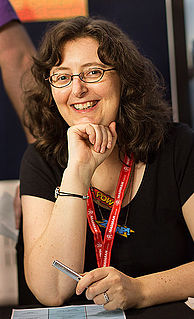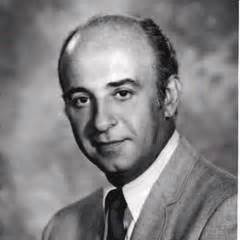A Quote by Stanley Kubrick
I have always enjoyed dealing with a slightly surrealistic situation and presenting it in a realistic manner. I've always liked fairy tales and myths, magical stories. I think they are somehow closer to the sense of reality one feels today than the equally stylized 'realistic' story in which a great deal of selectivity and omission has to occur in order to preserve its 'realist' style.
Related Quotes
Though now we think of fairy tales as stories intended for very young children, this is a relatively modern idea. In the oral tradition, magical stories were enjoyed by listeners young and old alike, while literary fairy tales (including most of the tales that are best known today) were published primarily for adult readers until the 19th century.
I think my movies aren't sentimental. I think my movies are funny and sad and realistic. Not realistic in the sense that they're documentaries, but realistic in the sense that they're not idealistic, they're not optimistic, not pessimistic, and not propagandistic. They're an analysis of a situation. I call it as I see it, so to speak.
Fairy tales have always been about getting through the worst of everything, the darkest and the deepest and the bloodiest of events. They are about surviving, and what you look like when you emerge from the trial. The reason we keep telling fairy tales over and over, that we need to keep telling them, is that the trials change. So the stories change too, and the heroines and villains and magical objects, to keep them true. Fairy tales are the closets where the world keeps its skeletons.
When I use the term "complex realism", what I'm suggesting is that the writer must be realist, always realist, but not realist in the sense we have usually used the term in literature. If reality today is different from the reality of 30 years ago, we can't keep describing reality in the same way as we did 30 years ago.
I grew up with Bible stories, which are like fairy tales, because my father was a minister. We heard verses and prayers every day. I liked the gorier Bible stories. I did have a book of Chinese fairy tales. All the people except the elders looked like Italians. But we were not a family that had fiction books.
I love monsters, I love creatures, I love beings, I love aliens. That's more supernatural and more the stuff of fairy tales. Fairy tales are as ancient as we are. I love those stories. I think they're really interesting because they always have more than simply the fright aspect. There's something deeply psychological.
When you're dealing with a symbol in a realistic play, it is also a realistic fact. You must expect the audience's mind to work on both levels, symbolically and realistically. But we're trained so much in pure, realistic theater that it's difficult for us to handle things on two levels at the same time.






































